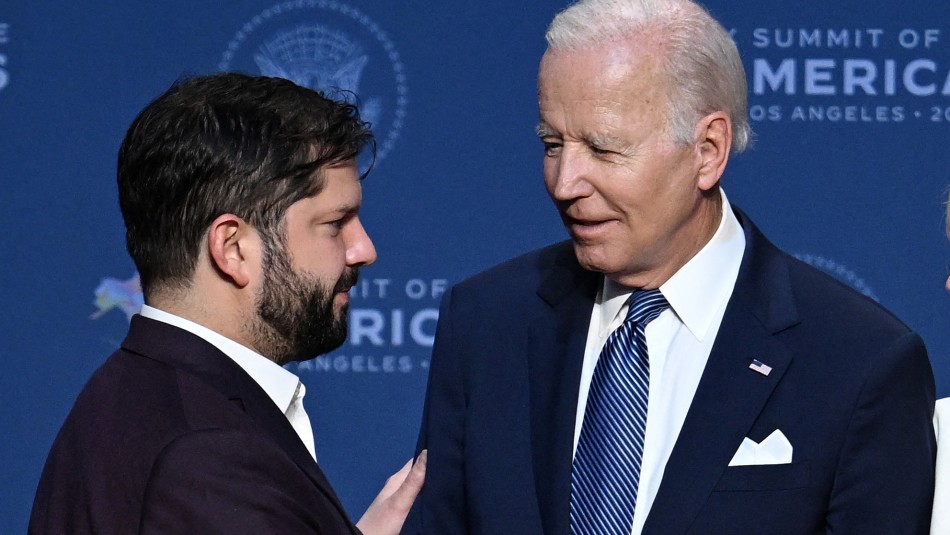The ninth Summit of the Americas, held between June 6 and 10, has proven to be little more than a US-led farce. This year’s summit, held in Los Angeles, excluded Cuba, Venezuela, and Nicaragua from attendance, while warmly welcoming Brazil’s far-right President Jair Bolsonaro. Also in attendance was President of Chile, Gabriel Boric, who criticised Cuba and Venezuela for their supposed “authoritarian tendencies”.
The Summit of the Americas, held every few years since 1994, have always been dominated by US and aligned interests. It is managed by the anti-communist Organisation of American States, which receives the bulk of it’s funding from the US, and expelled Cuba from its membership in 1962. Despite this US dominance, previous summits have seen challenges to the White House’s agenda, and for the seventh and eigth summit, pressure from many OAS members saw Cuba allowed to attend.
This year however, the summit has stood firm in its exclusion of Cuba – and Nicaragua and Venezuela. However, this rightly angered many Latin American leaders, who chose to boycott this year’s event. This included Bolivia’s Luis Arce, Honduras’ Xiomara Castro, and Mexico’s Andrés Manuel López Obrador.
Arce called for “the government of the United States to put an end to the senseless and criminal economic, commercial, and financial blockade that weighs on Cuba, as well as the more than 500 unilateral coercive sanctions imposed on Venezuela and Nicaragua.”
Mexico’s President explained their absence in a morning press conference: “I believe in the need to change the policy that has been imposed for centuries, the exclusion, the desire to dominate, the lack of respect for the sovereignty of the countries and the independence of every country.”
Someone who was more than willing to attend, though, was Chile’s Gabriel Boric. While at the summit, Boric took the opportunity to speak against Venezuela and Cuba, labelling their governments as “authoritarian”. He made clear that Venezuela is not an example to follow, explaining “Hugo Chávez is not the path towards which I want us to build Chile,”. Boric also furthered an inaccurate, and all too familiar anti-communist argument, that in Cuba they “hold people prisoners for thinking’s differently.”
Belize’s Prime Minister, John Briceño, may not have boycotted the summit, however he took the opportunity to attack the event over the three excluded countries. Standing in front of Joe Biden, Briceño said, “It is incomprehensible that we isolate countries of the Americas that have provided strong leadership and have contributed in the hemisphere on critical issues of our times.
“Cuba has provided constant cooperation in health to two-thirds of the countries in this hemisphere, including Belize. The illegal blockade against Cuba is an affront against humanity. The time has come, Mr. President, to lift the blockade,”
Last Saturday, June 12, Cuban Foreign Minister Bruno Rodríguez Parrilla criticised the summit’s ‘Plan of Action on Democratic Governance,’ as “unbalanced and biased, [ignoring] the diversity and political and social pluralism of our region.” Parrilla had similarly harsh words for the summit’s ‘Plan of Action on Health and Resilience’, saying, “because it excludes, it becomes ineffective. The coordinated action of all States is essential to improve the health and welfare of our peoples.”
This year’s summit has shown itself to be not a summit for all American states, but for those aligned with US interests. The exclusion of Cuba, Nicaragua, Venezuela demonstrates that much. It’s not surprising that Biden, like every US President before, has thought themself responsible for the path of all the Americas. However, as the boycotting countries show, the countries of the Americas are not Washington’s pawns, and must be allowed to determine their own paths.
Mia English, is a member of the YCL’s Birmingham Branch



